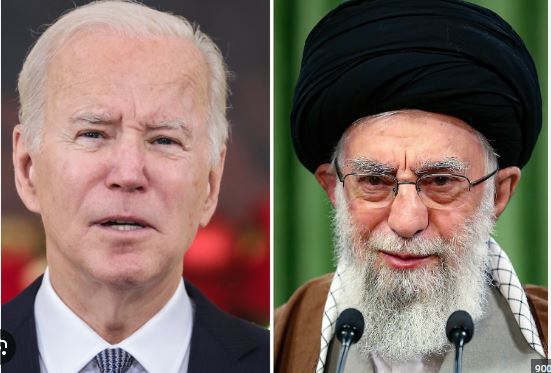
US and Iran reach prisoner swap deal on unfreezing $6 billion Iranian oil funds by US
text_fieldsWashington: The United States and Iran are poised to execute a contentious prisoner swap on Monday, as the Biden administration unfreezes $6 billion of Iranian oil money held in South Korea since 2018.
The exchange involves the release of five prisoners from each side, with the most notable being British-American conservationist Morad Tahbaz.
This intricate and long-negotiated deal has drawn both praise and criticism from various quarters. Critics, including some Republicans and former Iranian political detainees, argue that it sends a dangerous message, emboldening Iran to continue using hostage-taking as a diplomatic tool.
The state department, however, insists that the funds released were Iranian-owned oil money frozen by the Trump administration in 2018 when the U.S. withdrew from the Iran nuclear deal.
The prisoner swap will see the five American detainees transferred from Tehran to Qatar, from where they will board flights to Washington. This move has faced scepticism, with some doubting the feasibility of policing the funds to ensure they are spent only on permitted goods, primarily food, agricultural products, and medicine.
Critics dismiss the U.S. threat to withdraw from the agreement if Iran violates its terms as insincere.
The turning point for the swap came when the U.S. State Department granted a waiver facilitating the release of the frozen funds from South Korean banks to accounts in Switzerland and Doha.
The American prisoners have already been relocated from Tehran's Evin jail to various hotels in the capital, awaiting their journey home.
Morad Tahbaz, the British-American citizen, remained in Iran after the release of other British-Iranian dual nationals, Nazanin Zaghari-Ratcliffe and Anoosheh Ashoori, in a deal negotiated by the former UK foreign secretary, Liz Truss.
Iran has publicly disclosed the identities of the five Iranians granted clemency in the U.S., though it remains uncertain whether all of them wish to return to Iran. Most of them were imprisoned for violating U.S. sanctions.
This diplomatic breakthrough marks a significant achievement for Qatar, which played a pivotal role as a mediator between two nations deeply suspicious of each other. Iranian President Ebrahim Raisi, set to address the UN General Assembly in New York, is expected to praise the deal as a sign of U.S. weakness.























